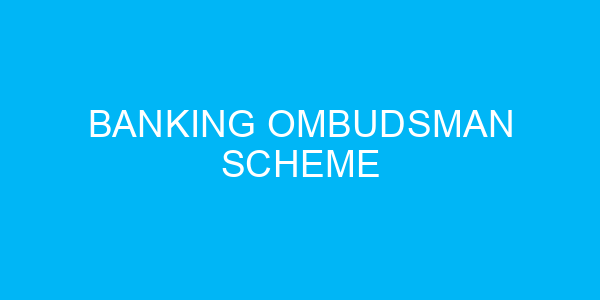6. What is the maximum compensation that can be awarded by the Banking Ombudsman?
a) Rs. 10 lakh
b) Rs. 20 lakh
c) Rs. 50 lakh
d) Rs. 1 crore
7. Which of the following is NOT a reason for rejection of a complaint by the Banking Ombudsman?
a) The complaint does not fall within his jurisdiction
b) The complaint is frivolous or vexatious
c) The complaint is more than two years old
d) The complaint does not involve a scheduled bank
8. Who has the power to review the decision of the Banking Ombudsman?
b) Ministry of Finance
c) Comptroller and Auditor General of India
d) Prime Minister of India
9. Which of the following is NOT a reason for approaching the Banking Ombudsman?
a) Non-payment or inordinate delay in the payment of a cheque or draft
b) Complaints regarding the ATM transactions
c) Political interference in bank operations
d) Charging of excess interest
10. Under the Banking Ombudsman Scheme, the period for filing an appeal against the Ombudsman’s decision is:
a) 30 days
b) 60 days
c) 90 days
d) 120 days



